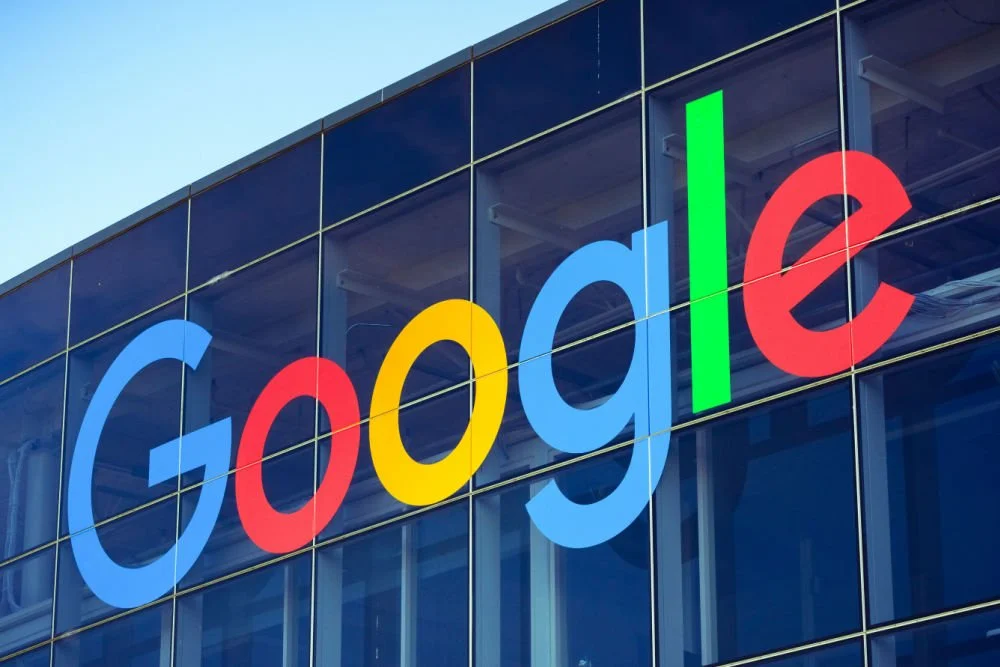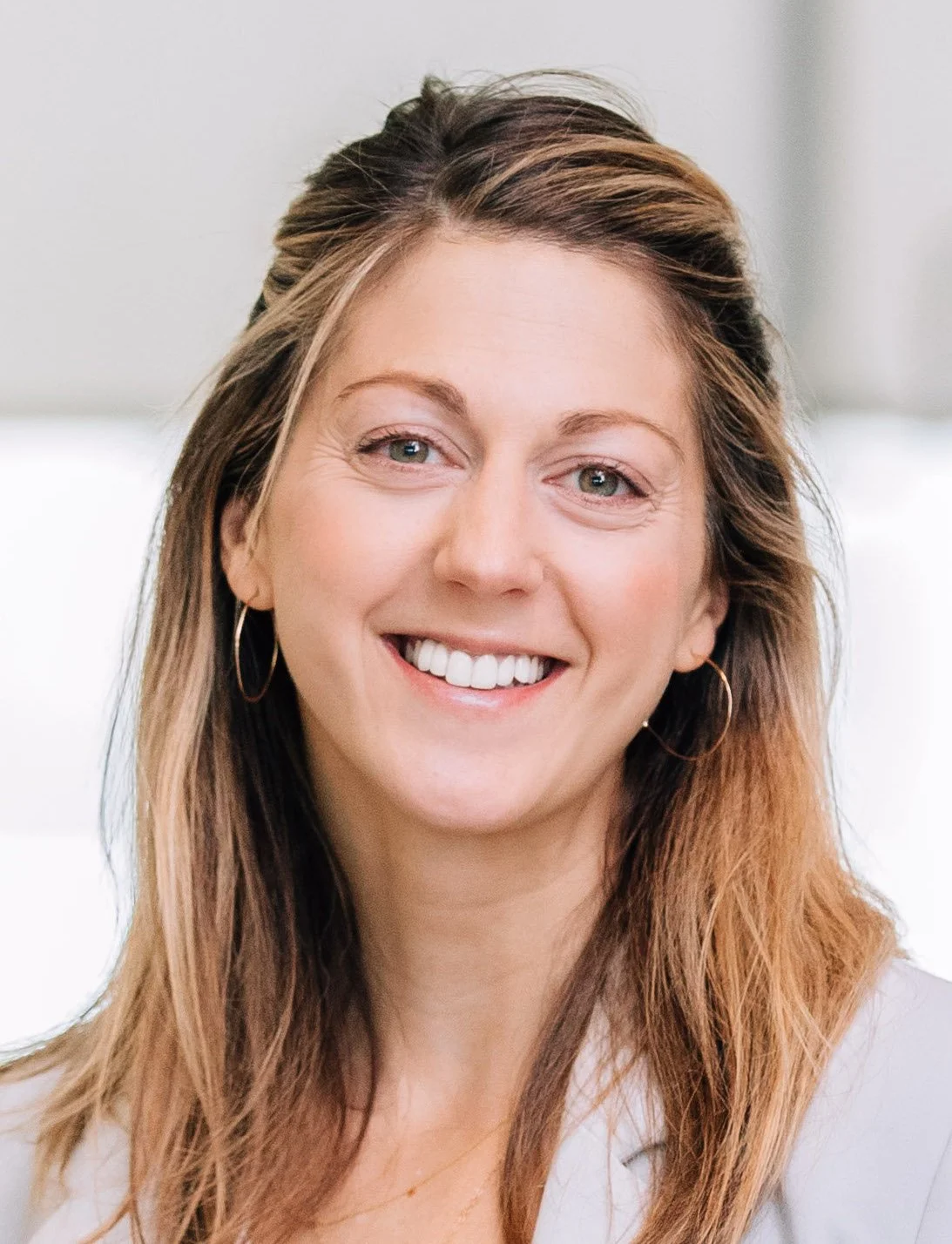Thou Shalt Give: A WeWork Billionaire's Unusual Commitment to Big League Philanthropy
/Call it the philanthropic equivalent of a swear jar.
WeWork co-founder Adam Neumann is stipulating in his company’s IPO filing that he and wife Rebekah—who serves as chief brand and impact officer—must give at least $1 billion to charity over the next 10 years, or else their voting rights will be nearly halved in their own company.
According to The We Company’s prospectus, Adam maintains 2.27 billion voting rights, far more than any other shareholder, providing him with control over the company he co-founded in 2010, along with partner Miguel McKelvey. Should Adam and Rebekah fail to meet their own philanthropic goal, Adam’s voting rights would be nearly halved to 1.14 billion. Rebekah’s shares and voting rights remain undisclosed.
Adam and Rebekah have already set aside 15 percent of their expected IPO proceeds, with the couple’s first donation earmarked to conserve 20 million acres of tropical rainforest. While that move signals the emergence of a new billionaire donor in the environmental space and will intrigue green organizations, the larger story here is about the embrace of philanthropy by the founders of prominent companies, especially in the tech sector.
A “Third Wave” of Philanthropy
In an article published last year, we highlighted Big Tech’s “third wave” of philanthropic giving. The first wave was led by mega-givers like Bill Hewlett, David Packard, Gordon Moore and Bill Gates: industry titans who fortified their dominant market positions over decades before turning to philanthropy.
The second wave was punctuated by “the disrupters” of Silicon Valley like Mark Zuckerberg, Sean Parker and Marc Benioff. These innovators ascended to the ranks of the Silicon Valley elite by “moving fast and breaking things,” and that’s largely how they’ve executed their philanthropic undertakings, hitting the ground running with big commitments.
While WeWork isn’t a tech company, Adam Neumann’s IPO pledge feels more a part of what we described as the third wave of tech giving, characterized by a culture in which millennial (or in Neumann’s case, nearly-millennial Gen X) entrepreneurs break down the divisions between their businesses and their philanthropic initiatives.
One of the clearest examples to date has been the success of the Pledge 1% initiative, a global campaign to convince early-stage tech companies to commit to the 1+1+1 model. Pioneered by Salesforce founder and CEO Marc Benioff, it calls for a company to donate 1 percent of its equity, 1 percent of its product, and 1 percent of its employee time in order to “improve the state of the world” (Pledge 1% has since added ‘profit’ as another component).
Launched in 2014, Pledge 1% attracted over 500 signatories in its first year. By May of 2018, that number had ballooned to 5,000 in over 100 countries. The rapid success of the Pledge 1% movement illustrates how younger tech entrepreneurs are increasingly blurring the lines between what they do for money and what they do for the good of humanity (ESG investing is another example).
An Unusual Stipulation
Neumann’s own pledge takes Pledge 1% one step further by attaching a penalty clause into his company’s IPO filing. The We Company is not the first multi-billion-dollar company to pledge a percentage of its equity pre-IPO, but it is, to our knowledge, the first to put the co-founder’s own voting rights on the chopping block.
Perhaps Neumann, who has yet to sign the Giving Pledge, was dismayed by the recent Bridgespan study reporting that although the ultra-wealthy aspire to give away vast sums of their money, they often fail to do so. As we’ve discussed in the past, the ultra-wealthy find many reasons to delay large-scale giving—and that includes billionaires who are deeply committed to philanthropy in principle. Neumann is putting in place a mechanism to ensure that he doesn’t end up with the same kind of lackluster track record, hoarding his wealth in an era of urgent problems.
It will be worth watching whether other millennial and even Gen Z entrepreneurs follow in Neumann’s footsteps. Maybe the ‘P’ in IPO may soon change from Public to Philanthropic.







































